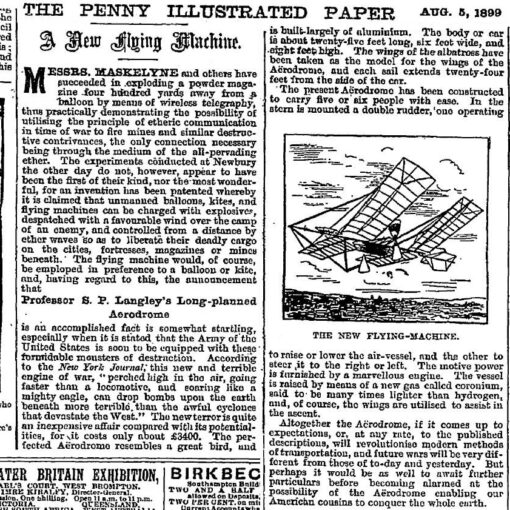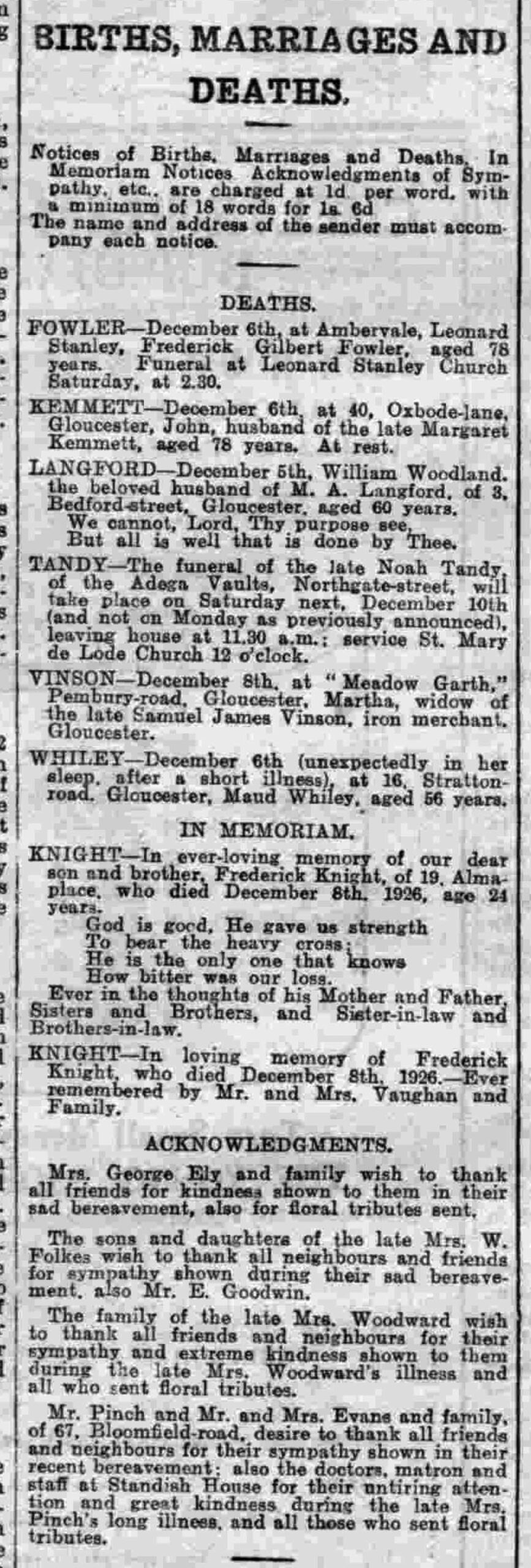
Hull Packet – Tuesday 01 February 1803
This newspaper article from 1803 describes a violent murder that took place at Greenwich Hospital, a historical institution that housed retired sailors or “pensioners.” The story is notable for the brutal and premeditated nature of the crime, as well as the murderer’s complete lack of remorse.
Summary of Events:
- The Perpetrator:
- The murderer was a long-time pensioner at Greenwich Hospital.
- He had a reputation for being violent, aggressive, and troublesome.
- His behaviour was so problematic that local taverns refused to serve him.
- The Motive:
- A month before the murder, the assailant had committed a serious breach of conduct within the hospital.
- He was reported by a fellow pensioner who acted as a boatswain (a rank responsible for ship maintenance and duties).
- Following a hearing by the Board of Commissioners, the assailant was fined two months’ pocket money and harshly reprimanded.
- He became enraged at this punishment, particularly targeting his accuser and another man who had corroborated the accusation.
- The Murder:
- On a Saturday night, the murderer decided to take revenge.
- He entered the cabin (room) of his intended victim, who was asleep and alone.
- Using a large iron poker (a tool used to stir a fire), he struck the victim in the head, killing him instantly and silently.
- The Intended Second Victim:
- The murderer had planned to kill the victim’s roommate as well.
- However, the roommate was not present that night, having received permission to spend the night away with family.
- The Elderly Witness:
- The murderer then checked on an elderly pensioner sleeping in a nearby room, likely to ensure he hadn’t witnessed the crime.
- The elderly man pretended to be asleep, fearing for his life.
- Once the murderer left, the elderly man alerted the hospital guards.
- Capture and Trial:
- The guards apprehended the murderer after a struggle.
- On Monday morning, the coroner’s jury concluded that it was a case of deliberate, wilful murder.
- The perpetrator was sent to Maidstone Prison.
- Lack of Remorse:
- Despite being caught, the murderer showed no regret.
- Instead, he lamented that he had missed the chance to kill his second intended victim.
Analysis:
- Premeditation and Revenge: The assailant planned the murder in advance, driven by a desire for revenge against those who had testified against him.
- Brutality: The murder was committed in a particularly brutal fashion, using a heavy iron poker to crush the victim’s skull.
- Psychological Aspect: The perpetrator’s lack of remorse and desire to kill another man shows a disturbing mindset. Even after being captured, he expressed regret only at failing to complete his plan, not at having committed the murder.
- Historical Context: This incident highlights the rough conditions and sometimes violent interactions among pensioners in historical institutions like Greenwich Hospital. It also reflects the legal and social systems of the time, where the investigation was swift, and the punishment was immediate.
Overall, it’s a grim story that would have shocked readers at the time, showcasing both the harsh realities of life for retired sailors and the darker aspects of human nature.
”
On Saturday night se’nnight, a cool, deliberate, and horrid murder was perpetrated in Greenwich Hospital, upon one of the pensioners, by another; the circumstances of which, as nearly as we could collect, were as follows:—The perpetrator, who had been some years a pensioner, was of a disposition so violent and quarrelsome, as to render himself very obnoxious to his associates, and became so extremely troublesome in this respect at the public houses in the town to which he was in the habit of resorting, that, for a considerable time past, none of them would admit or entertain him. About a month since, he had been guilty of some gross breach of duty within the College, for which he was brought before the Board of Commissioners, upon the charge of a fellow pensioner, who acted in the capacity of a boatswain, and the fact being substantiated, he was mulcted of two months’ pocket-money and severely reprimanded, but without any further disgrace.
This, however, was sufficient to exasperate him to vengeance against his accuser, and another, his birth-mate, who had corroborated his testimony; and on Saturday night he determined to carry his purpose into execution. He went in the dead hour of the night into the cabin, or apartment of the deceased, who was alone and wrapped in sleep, and with a large poker, at a single blow, he literally beat out his brains, and killed him so instantaneously, that he never uttered a single groan. Fortunately for his bedfellow, to whom a similar fate was intended, he had obtained permission to sleep out of the hospital that night with his family.
The murderer then went into the next berth, where an aged pensioner was in bed, and minutely examined whether he was asleep, lest he might have heard anything of what had just passed. The man, who heard the blow, and expected every moment a similar fate, lay still as if fast asleep; but on the murderer having left him, and retired to his own cabin, the man immediately got up, and alarmed the guard, a party of whom directly came to the place and secured the murderer, after a stout and desperate resistance.
Monday morning the coroner’s jury returned their verdict of wilful murder on the body of the deceased, and the perpetrator was committed to Maidstone Gaol; but so far was he from evincing any signs of remorse for the deed, that he only declared his regret at not having the opportunity of killing the other man, who had so fortunately eluded his desperate purpose.”




